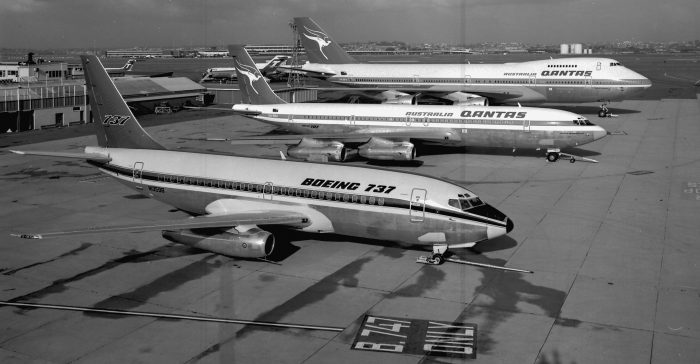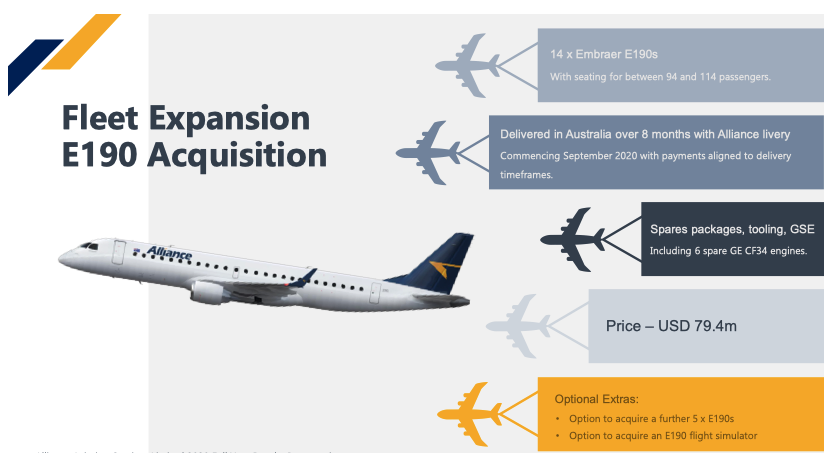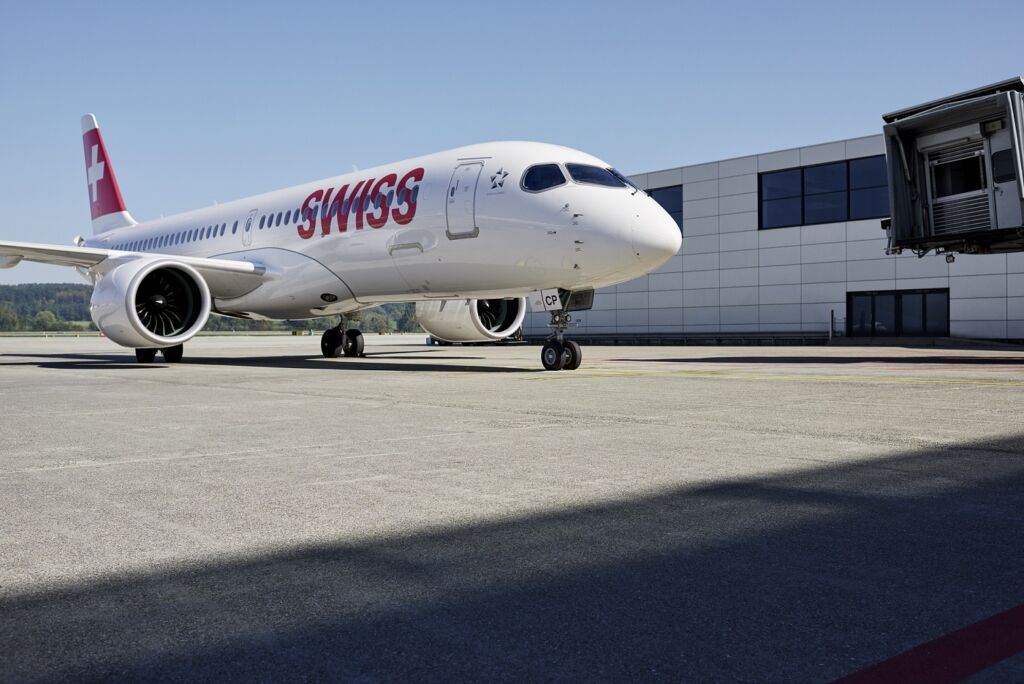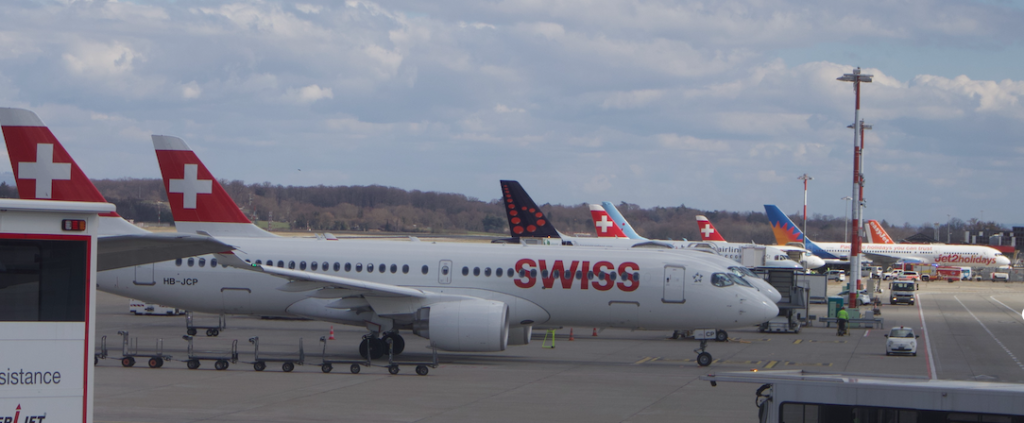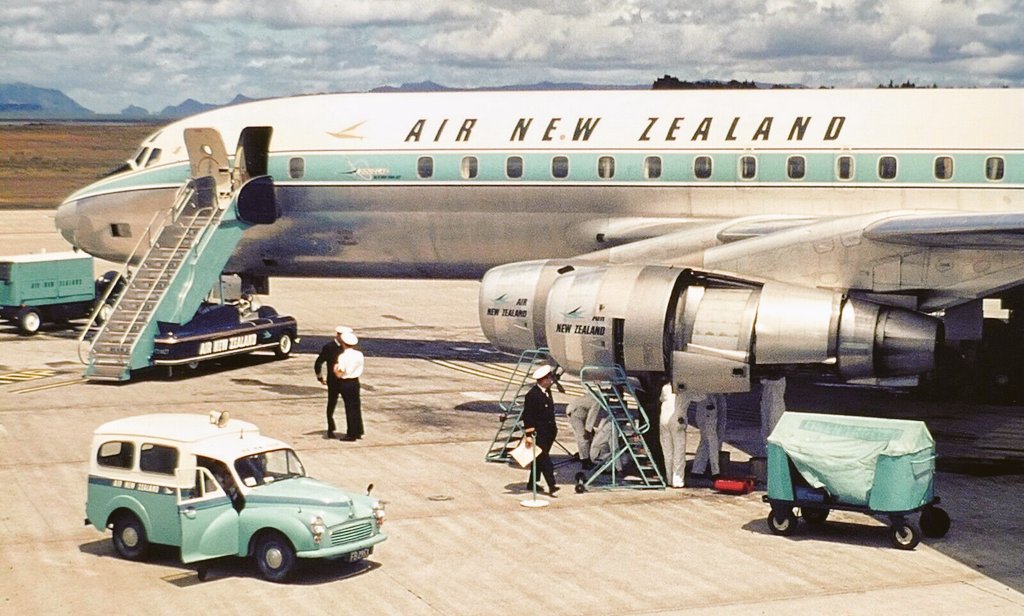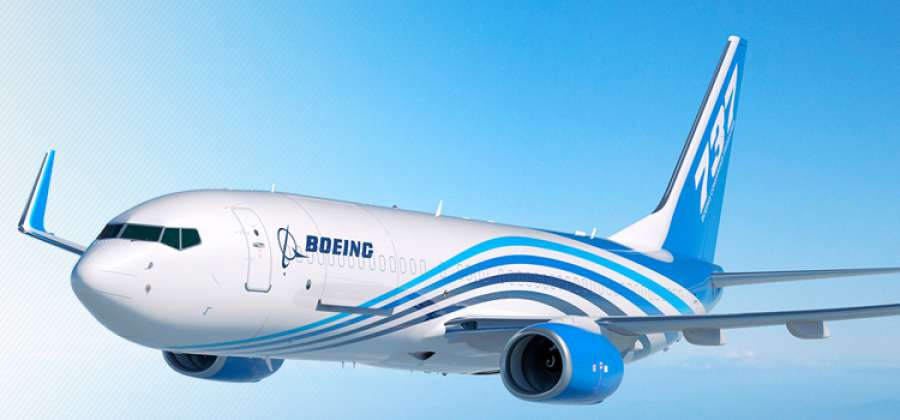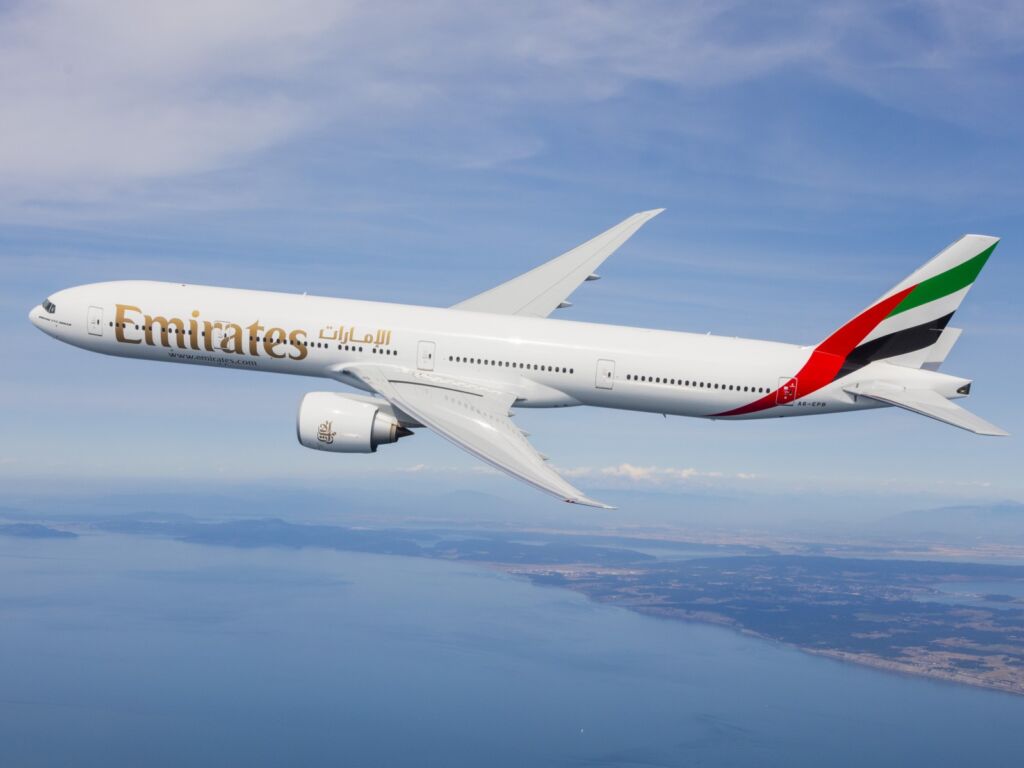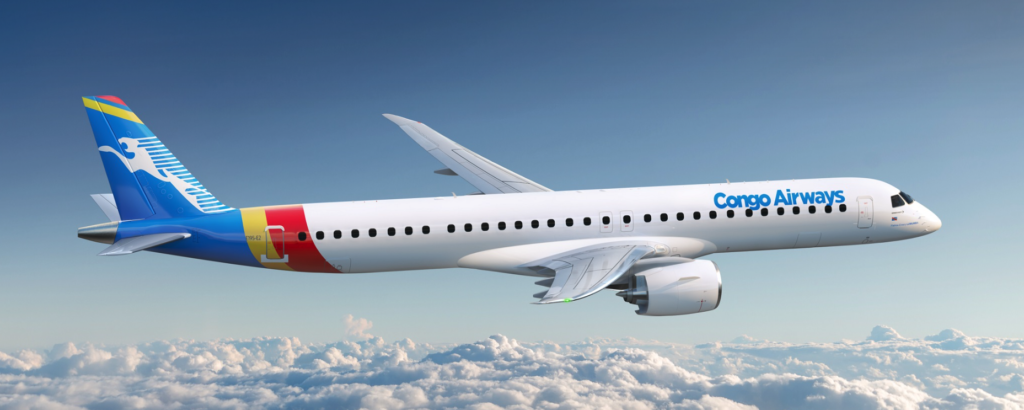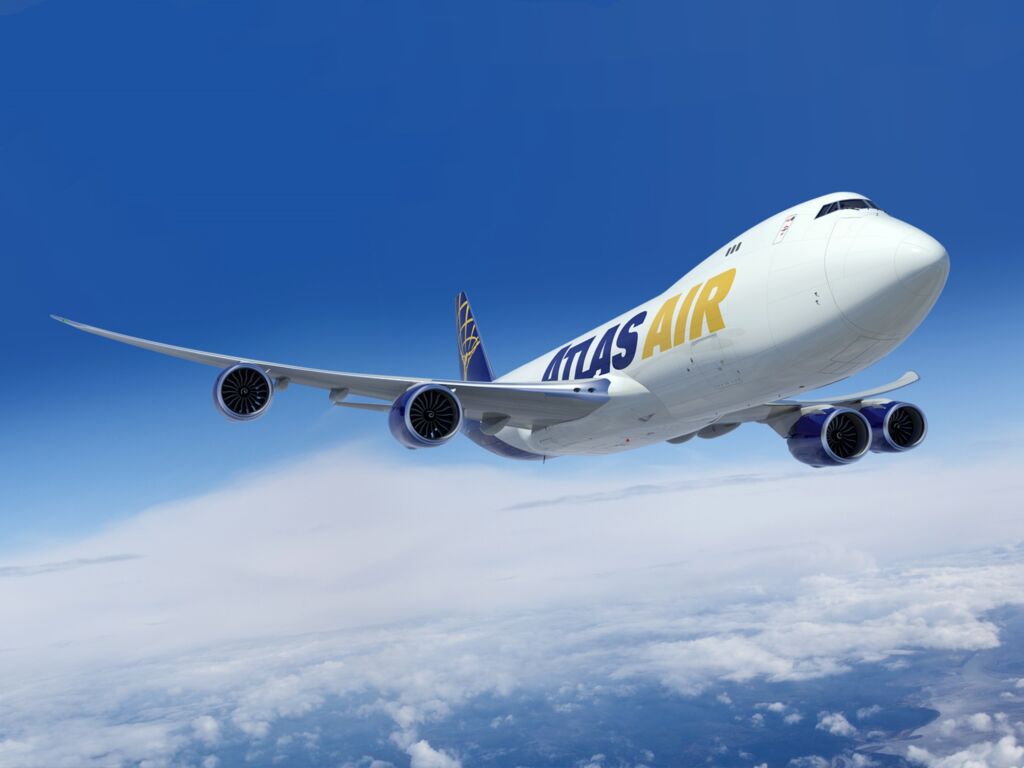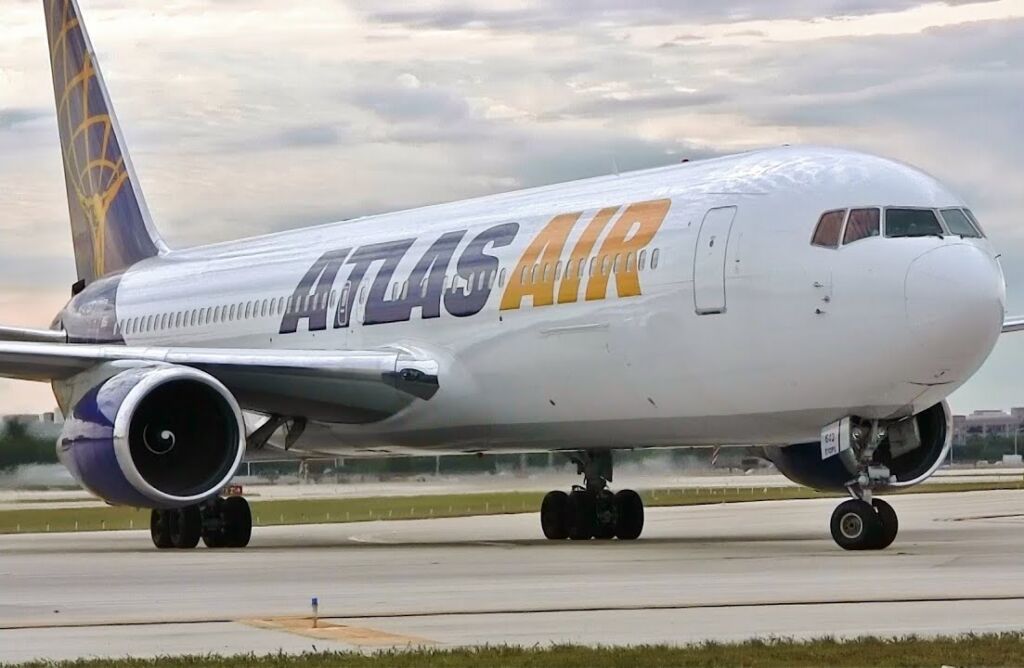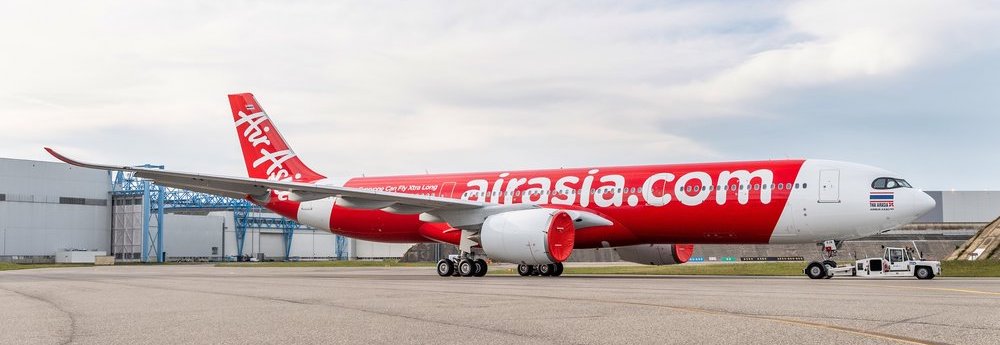Qantas and Japan Airlines (JAL) today announced plans to form a new joint business, designed to better serve customers travelling between Australia, New Zealand and Japan and support the tourism industry’s recovery when international flying resumes.
The airlines have submitted an application for authorisation to regulators in Australia and New Zealand, with a decision expected within six months. Subject to this regulatory approval, it is anticipated that the joint business would commence operations around July 2021, when Qantas has said it expects its international network to gradually restart.
The coordination made possible through a joint business would enable Qantas and JAL to ramp up flights between Australia and Japan sooner than would otherwise be possible. The airlines have flagged an intention to launch a new route between Australia and Japan and expect to announce details once regulatory approval is received, borders open and demand returns.
Under the proposed five-year agreement, the airlines would deliver substantial benefits for customers and help accelerate the recovery of the tourism, trade and corporate travel links between Australia and Japan, including:
- An expanded codeshare relationship and optimised schedules on flights between Australia and New Zealand and Japan, opening up more connections to more destinations beyond the major city gateways. Qantas customers would have access to 14 new codeshare destinations in Japan and JAL customers would have access to 15 new codeshare destinations in Australia and New Zealand.
- Enhanced frequent flyer benefits for Qantas and JAL customers, including improved earn of Qantas points or JAL miles on routes under the joint business beyond what is possible today, as well as the ability to upgrade using points or miles on each other’s services.
- Improvements in the customer experience, including streamlined processes for disruption management and investments in product and service inflight and on the ground, designed to better serve the carriers’ joint customers.
- More premium travel opportunities, with Qantas able to offer customers a greater number of Business and Premium Economy seats on flights operated by JAL.
- Coordination of pricing, schedules, sales and tourism marketing to develop new and improved travel products, delivering more choice for customers.
Qantas Group CEO Alan Joyce said the joint business would play a vital role in reviving trade links with the world’s third largest economy and deliver significant benefits for customers travelling between Australia and Japan.
“Around half a million people visited Australia from Japan in 2019. We want to see that tourism resume and grow even further by making it easier for Japanese travellers to visit,” said Mr Joyce.
“The joint business means we’ll be able to build on our existing relationship with JAL through oneworld to offer more routes, better flight connections and more benefits to frequent flyers. It also helps us diversify our portfolio of joint businesses amongst Australia’s key trading partners.
“It will be a win for our customers, a win for trade and a win for the one million people who work in tourism across Australia.”
Japan Airlines President Yuji Akasaka added: “For over 50 years, JAL and Qantas have operated flights between Japan and Australia, demonstrating our mutual commitment to support and strengthen the diplomatic relationship built by the two countries.
“We believe that a joint business with Qantas will make for a quicker recovery between both countries with the ability to expand connectivity within each carrier’s respective domestic network, providing more customer choice and travel growth opportunities.”
